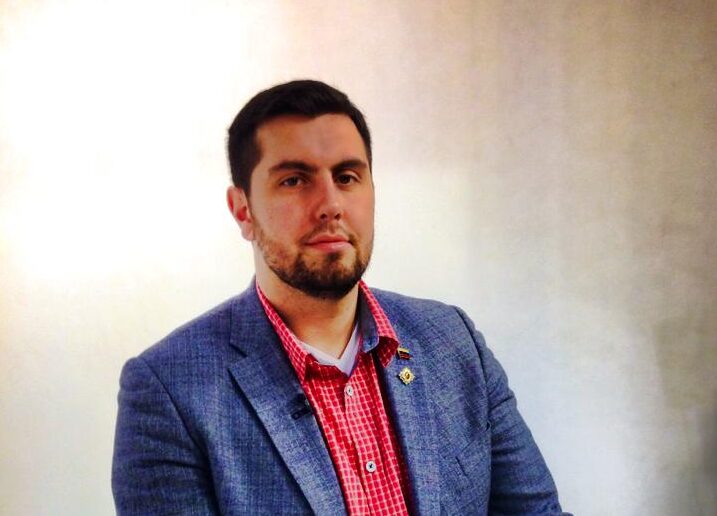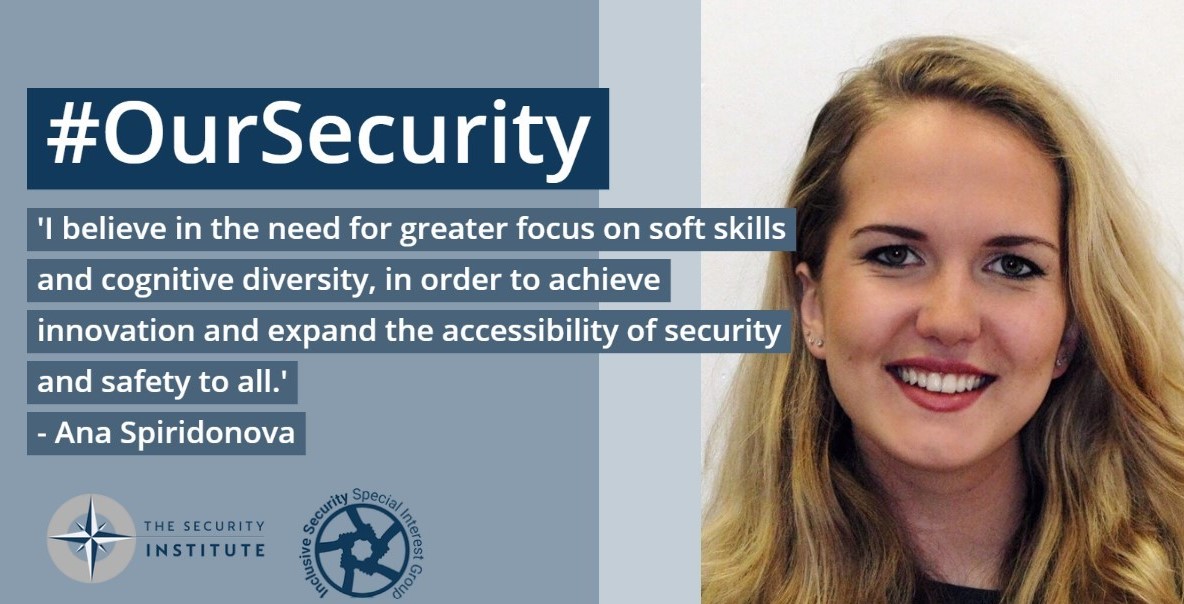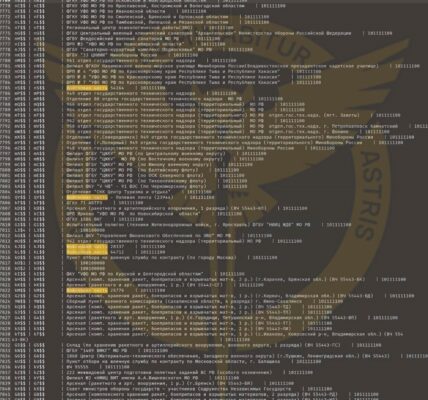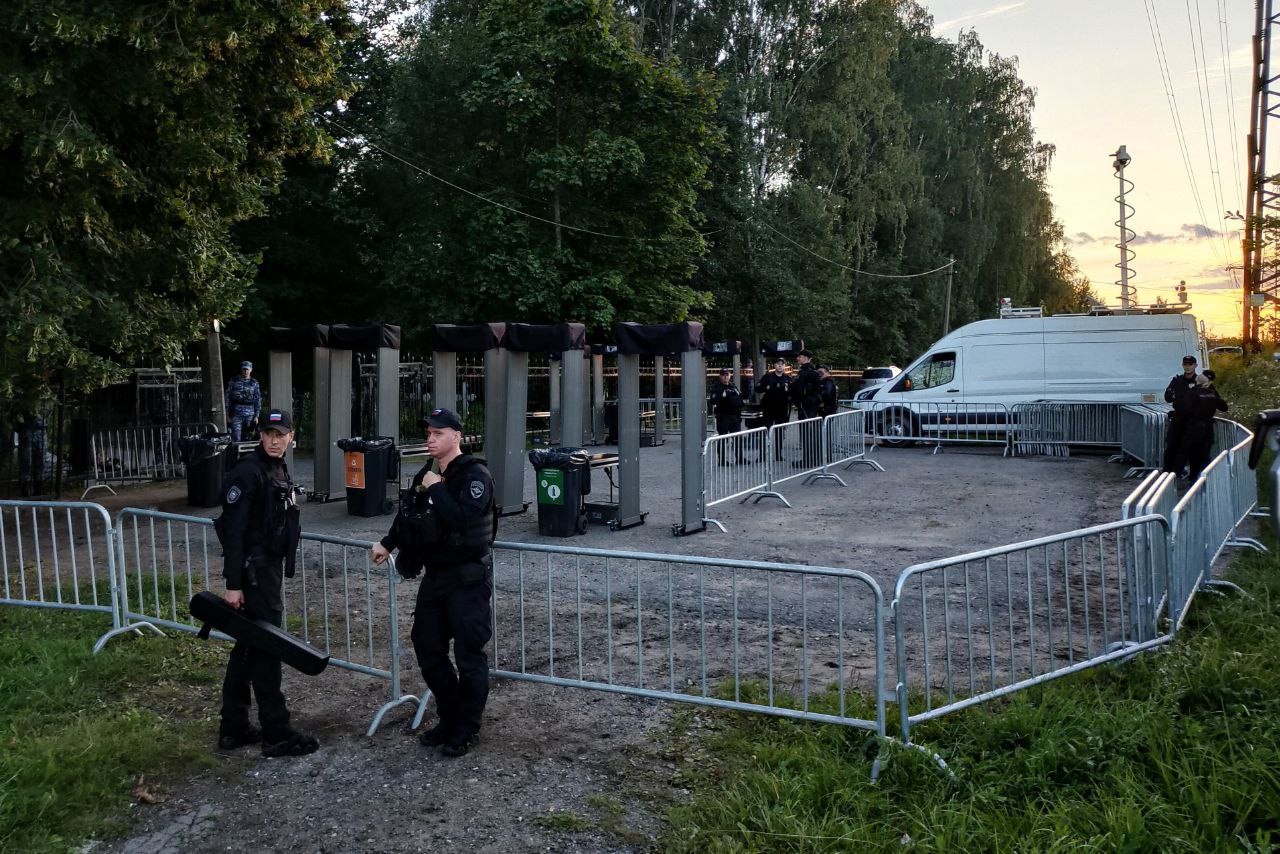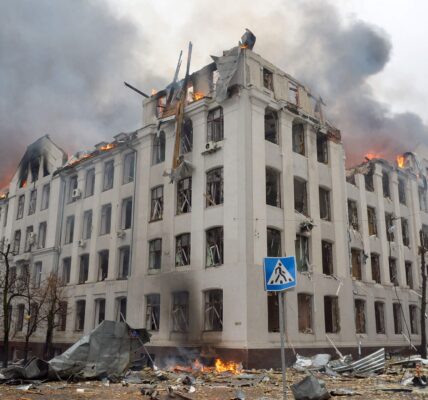
Credit: www.aionov.ru
Two Russian nationals, four US political groups and their prominent leaders have been sanctioned by the Treasury’s Office of Foreign Assets Control (OFAC) and the Department of Justice for plotting malign influence operations. Viewed as a textbook operation, Russian intelligence have specifically leveraged racial tension in the US to weaken the electoral process, with one alleged infiltrated political group recently unmasked as the radical racial socialist organisation, The Uhuru’s in Florida.
FBI Special Agent in Charge David Walker called the latest Russian efforts “some of the most egregious and blatant violations we’ve seen.”
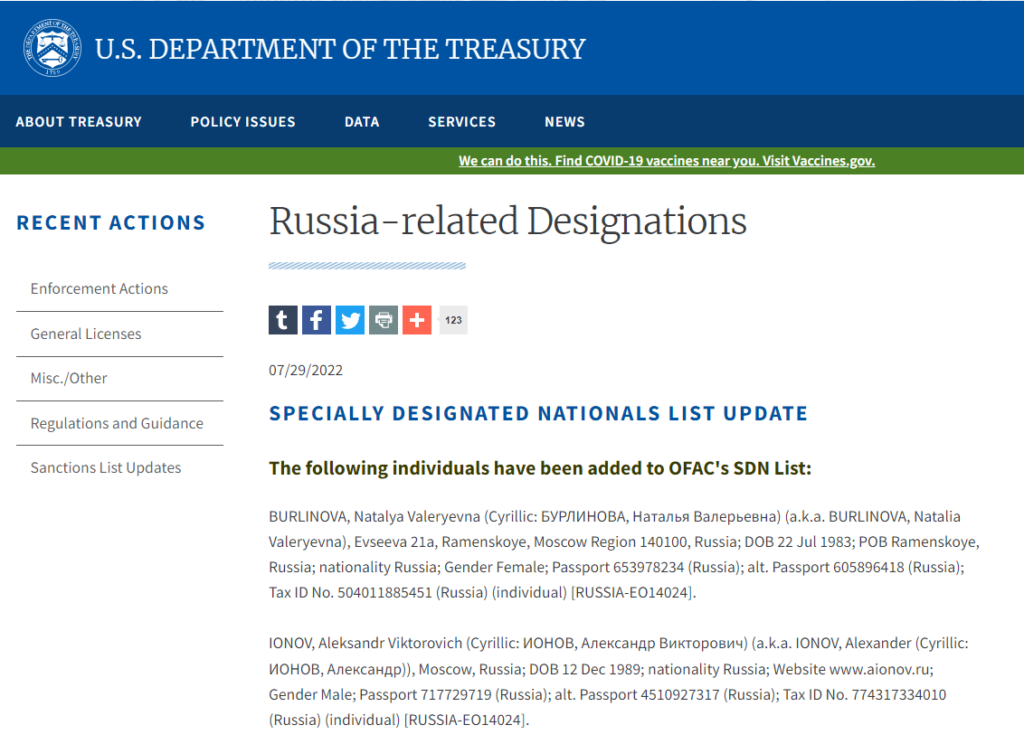
The designated Russian individuals, Aleksandr Viktorovich Ionov and Natalya Valeryevna Burlinova, are what’s known as co-optees: individuals authorised by the Kremlin and the Russian Federal Security Service (FSB) to conduct assignments aimed at the destabilization of the US and its allies.
“Ionov allegedly orchestrated an influence campaign, turning U.S. political groups and U.S. citizens into instruments of the Russian government,” said Assistant Attorney General Matthew G. Olsen of the Justice Department’s National Security Division. “The Department of Justice will not allow Russia to unlawfully sow division and spread misinformation inside the United States.”
Ionov launched a campaign to promote misinformation and false narratives on social media to exploit areas of tension in the current US socio-economic environment and promulgating pro-Russian propaganda. As the founder of the Anti-Globalization Movement of Russia (AGMR), a Russian government-funded Moscow-based nationalist think tank, Ionov forged ties with anti-establishment political groups in the US to promote a Russian agenda.
Targeting three US activist groups in Florida, Georgia and California, Ionov channelled funds to these groups on behalf of the FSB, and subsequently exercised his influence by directing these groups to publish pro-Russian propaganda, conduct direct actions and interfere in US elections. He would use his connections with Russian state-supported media outlets to promote these activities. The groups and their respective leaders remain unnamed and were listed as ‘unindicted co-conspirators.’
Ionov consulted and instructed the US political group based in Florida to publish “agitpop” or “agitation and propaganda” on multiple media outlets, which it operated, including websites, social media, and radio. Ionov also personally authored publications and held online multimedia presentations, where he would make public statements supporting the Russian Federation.
In 2015, Ionov directed a co-conspirator of the Florida-based political group to write a petition to the UN, accusing the US government of genocide against the African people in the US. The petition was electronically submitted by the co-conspirator to the United Nations Secretary General and General Assembly. It was also published on the change.org website. Ionov furthered the influence of the petition through financing a four-city protest tour conducted by the political group in January 2016, unleashing turmoil on US soil.
Furthermore, ties suggest Ionov’s collaboration with the cyber-enabled disinformation campaign exposed in late 2018, Project Lakhta, where the Kremlin expensed millions of dollars towards interfering in political electoral systems worldwide through the use of troll farms and fictitious online personas.
Another crucial strategy of the Kremlin to promote its interests is through sponsoring and controlling proxy NGOs. Embedded deep into open societies, these pseudo-NGO’s act as Russian agents to undermine peace and stability, destabilise western societies and attract key conspirators for the Kremlin’s ‘kleptocracy’ network.
Natalya Valeryevna Burlinova is the founder and president of the Moscow-based NGO, PICREADI, which stands for Public Initiative “Creative Diplomacy.” PICREADI promotes itself as an independent intellectual platform: “committed to developing and supporting civil initiatives in public diplomacy and foreign affairs.” It is, however, dependent on state funding.
Their principal initiative is an annual event called “Meeting Russia”: a public diplomacy program targeted towards emerging young leaders that revolves around dialogue surrounding Russia’s relations with the US and EU. Russian intelligence services have been tracking the personal pursuits and career paths of past attendees since 2017.
These cases enforce what’s known by US intelligence with regards to the Russian Government’s foreign policy objectives to expand Russia’s sphere of influence in open western societies, abuse democratic practices to mould foreign perceptions and to subtly undermine democracy at home.
The authorities have seized all property and interests of these designated persons in the US.

